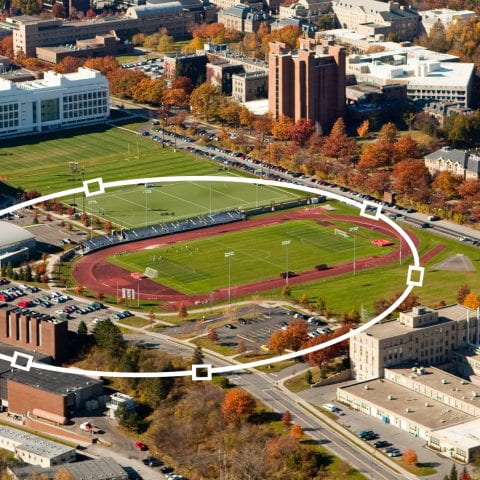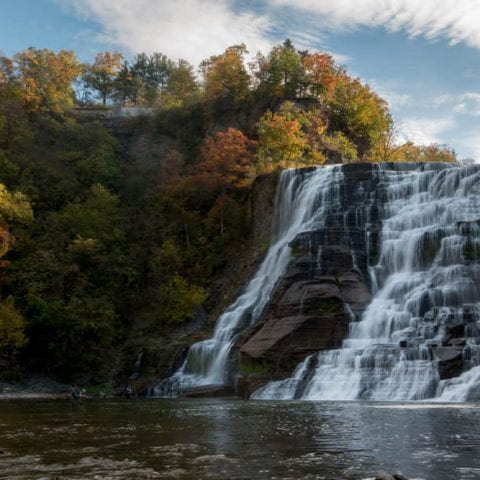Agriculture at Cornell
Cornell is ripe with agricultural opportunities.
Cornell University is consistently ranked as one of the top global universities for Agricultural Sciences. As part of New York’s Land Grant University, the College of Agriculture and Life Sciences (CALS), is proud to share research and discoveries with the state and around the world.
Attendees of PALSA can visit the many areas at Cornell that are devoted to horticulture, food science and nutrition, dairy science, and agronomy. Attendees will also have the opportunity for organized tours of one (or more) of these locations.
Cornell Dairy Plant
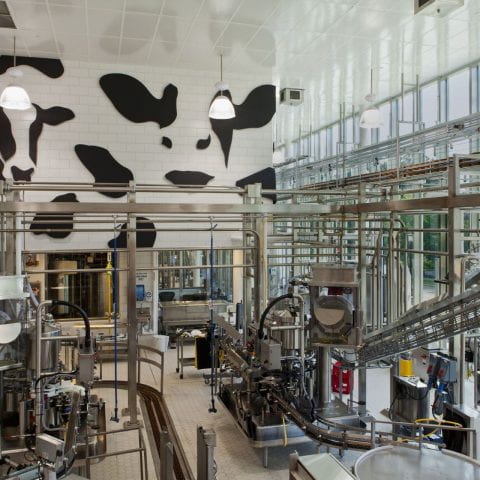
The Dairy Plant contributes to undergraduate and graduate instruction in food science; basic and applied dairy foods research; public service through extension programs; and as a designated training facility for New York State Certified Milk Inspectors and New York State Department of Agriculture and Market Inspectors.
Cornell Wine Making
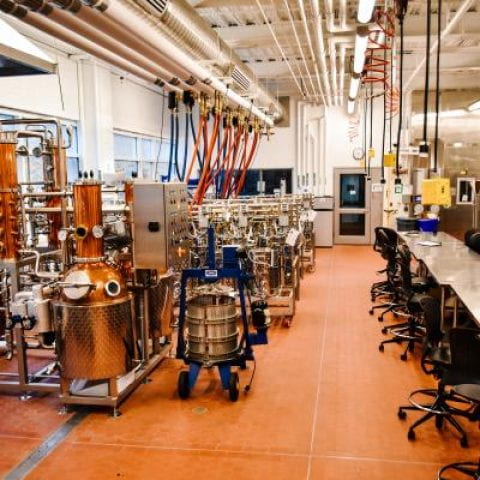
The 3,900 sq ft teaching winery provides a state-of-the-art facility for both major and non-major students to learn all aspects of converting grapes into wine. The facility offers a range of winemaking equipment for students to explore a broad spectrum of winemaking styles. Temperature-controlled fermentation tanks and storage rooms allow simulation of conditions at modern wineries.
Agriculture Experiment Station
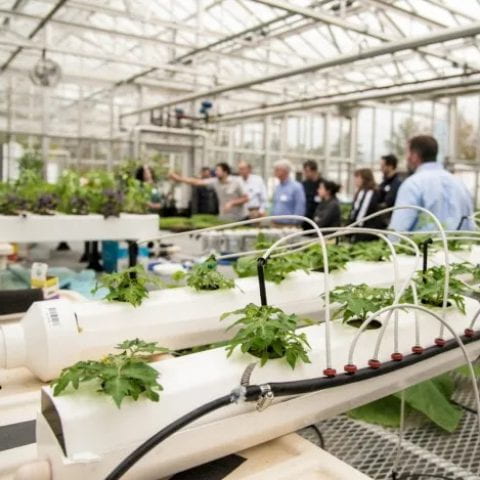 Cornell AES manages 125 growth chambers, ranging in size from 6 to 108 sq ft. Growth chambers are designed to completely isolate the research from the surrounding environment, and provide complete control of the climate inside the chamber. The amount of light and temperature can be closely regulated, and some chambers offer humidity control and CO2 enrichment options. This level of flexibility and control makes growth chambers indispensable for many researchers.
Cornell AES manages 125 growth chambers, ranging in size from 6 to 108 sq ft. Growth chambers are designed to completely isolate the research from the surrounding environment, and provide complete control of the climate inside the chamber. The amount of light and temperature can be closely regulated, and some chambers offer humidity control and CO2 enrichment options. This level of flexibility and control makes growth chambers indispensable for many researchers.
Liberty Hyde Bailey Conservatory
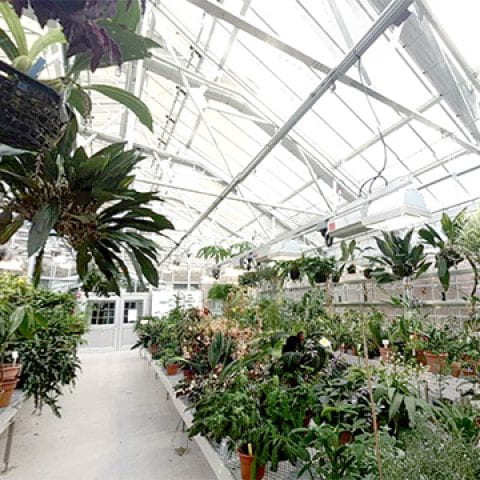
The Liberty Hyde Bailey Conservatory Greenhouse is home to a living plant collection of more than 650 species – from Cornell’s famous corpse flowers, also called Titan arum, to numerous types of carnivorous plants. It is one of several plant collections that make up the Liberty Hyde Bailey Hortorium in the Plant Biology Section of the School of Integrative Plant Science. The conservatory is managed by Cornell AES.


